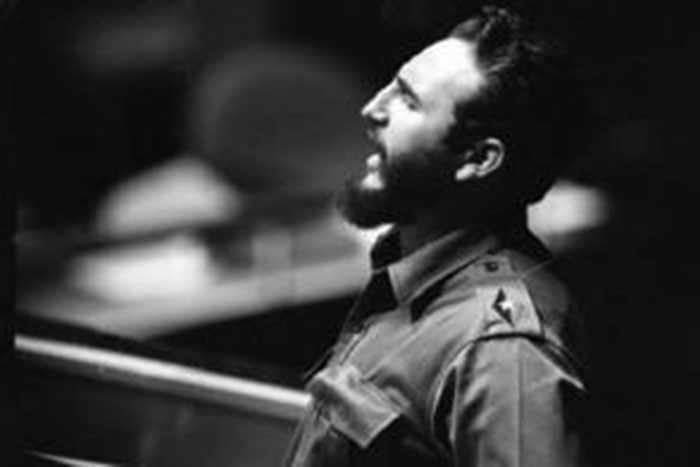The recent intervention by eighteen former Latin American and Caribbean leaders seeking Washington’s removal of an economic blockade against Cuba that has been in force for more than half a century, reflects what is still an enduring region-wide mindfulness that Cuba deserves better, having once been the socio-economic ‘live wire’ of the region prior to the revolution that swept the Castro regime into power.
The signatories to the letter, addressed to US President Joe Biden include former Brazilian president, Dilma Rousseff, two former Colombian leaders, Juan Manuel Santos and Ernesto Samper, and former Heads of Government from Bolivia, among others. These have all signed a letter to US President Joe Biden asking the United States to remove its embargo on Cuba in order to bring a measure of relief to the country which, in the wake of a punishing period of socio-economic problems has only just had to endure the ravages of Hurricane Ian. Specifically, the request to the US President by the former regional Heads of State seeks Washington’s removal of Cuba from its list of so-called ‘state sponsors of terrorism’.
The letter comes in the wake of what continues to be one of the most challenging periods in the recent history of the island which has been ravaged by economic problems and which has sought to introduce limited measures to accommodate a modest private sector dimension to the country’s economy.
Back in February last year, Cuba announced that the state would accommodate private businesses as a legitimate part of the country’s economic sector, an announcement that marked what was perceived as a major reform of a state-controlled economy and one which, presumably, would meet with Washington’s approval. Over the past two years Cuba’s economy has undergone a further downturn, a circumstance that was due, primarily, to the US sanctions imposed on the island by the Trump administration in Washington coupled with the COVID-19 pandemic.
Cuba’s current economic woes have been further exacerbated by the more recent intervention of Hurricane Ian which, last month, descended upon western Cuba leaving considerable economic loss and physical destruction in its wake.
“We ask you, Mr President, to take into account this dramatic situation that thousands of Cubans are experiencing and do whatever is necessary to lift those restrictions that affect the most vulnerable,” part of the letter reads.
On November 3 the United Nations General Assembly again voted overwhelmingly to condemn Washington’s economic embargo on Cuba for the 30th year. The US has continued to vote to keep the sanctions in place. At the UN General Assembly this year Cuban Foreign Minister Bruno Rodriguez told the forum, prior to the vote, that since 2019 Washington had “escalated the siege around our country, taking it to an even crueler and more inhumane dimension, with the purpose of deliberately inflicting the biggest possible damage on Cuban families.” Rodriguez has also been quoted as saying in his address to the General Assembly the during the first 14 months of the Biden administration, the damage to the Cuban economy was estimated at $6.35 billion, equivalent to more than $15 million a day.’






